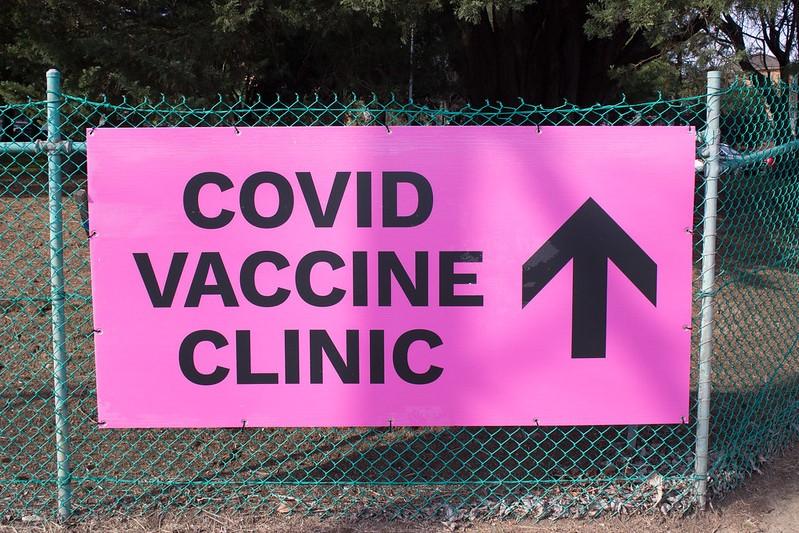Children under the age of 12 are protected against severe illness from COVID-19 by mRNA vaccines, but the effectiveness decreases over time, as does immunity gained from previous infections. These findings and others are published in a new study in The Lancet Infectious Diseases.
The study looked at the clinical outcomes seen in 1,368,721 North Carolina residents aged 11 years or younger from October 29, 2021 (October 29, 2021 for children aged 5 to 11 years and June 17, 2022 for children aged 0 to 4 years), to January 6, 2023.
Vaccination with both Pfizer-BioNTech and Moderna was considered in the study, and the timeframe included infections caused by all lineages of the Omicron variant, including BA.1, BA.2, BA.4, BA.5, BQ.1-BQ.1.1, and XBB-XBB.1.5.
Younger kids slightly more protected
By the end of the study, 584,707 children 5 to 11 years of age who were unvaccinated had 116,108 SARS-CoV-2 infections, 141 of which resulted in hospital admission and 5 of which resulted in death. Among the 302,486 children 5 to 11 years of age who were vaccinated, there were 42,484 SARS-CoV-2 infections, 52 of which were known to result in hospital admission and only 1 of which resulted in death.
Overall, for children ages 5 to 11, the effectiveness of a primary mRNA vaccination series against infection, compared with being unvaccinated, was 59.9% (95% confidence interval [CI] 58.5 to 61.2) at 1 month, 33.7% (32.6 to 34.8) at 4 months, and 14.9% (95% CI 12.3 to 17.5) at 10 months after the first dose.
The effectiveness of a previous Omicron infection against reinfection was 79.9% (78.8 to 80.9) after 3 months and 53.9% (52.3 to 55.5) after 6 months.
For children 0 to 4 years of age, the effectiveness of primary vaccination against infection was a bit higher than protection in older children.
Compared with being unvaccinated, a primary vaccination series was 63.8% (57.0 to 69.5) at 2 months and 58.1% (48.3 to 66.1) at 5 months after the first dose, and the effectiveness of Omicron infection against reinfection was 77.3% (75.9 to 78.6) after 3 months and 64.7% (63.3 to 66.1) after 6 months.
Bivalent booster doses more protective
For children ages 5 to 11, compared with primary vaccination only, the effectiveness of a monovalent booster dose after 1 month was 24.4% (14.4 to 33.2) and that of a bivalent booster dose was 76.7% (45.7 to 90.0). The effectiveness of Omicron infection against reinfection was 79.9% (78.8 to 80.9) after 3 months and 53.9% (52.3 to 55.5) after 6 months.
vaccination provides a better cross-variant protective immune response than infection alone.
Bivalent boosters were not authorized in children 5 to 11 years of age until October 12, 2022, the authors caution, thus the number of children receiving bivalent boosters was small.
Overall, the study adds to the broader understanding of vaccine protection in children, and suggests vaccines are useful even in the face of naturally acquired immunity.
"Vaccination provided additional protection for previously infected children, and omicron infection induced strong immunity in both vaccinated and unvaccinated children. This finding is consistent with previous knowledge that vaccination provides a better cross-variant protective immune response than infection alone," the authors wrote.




















